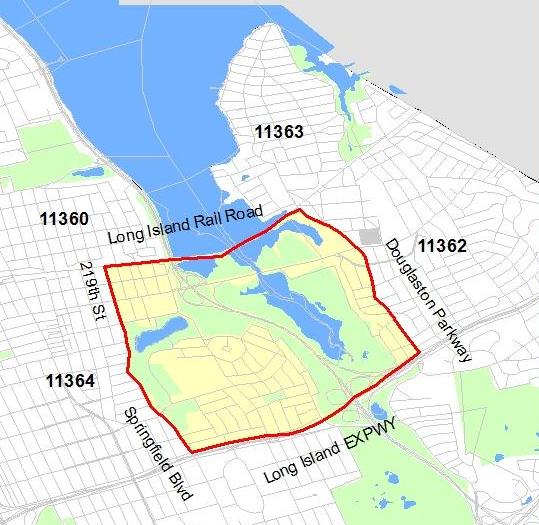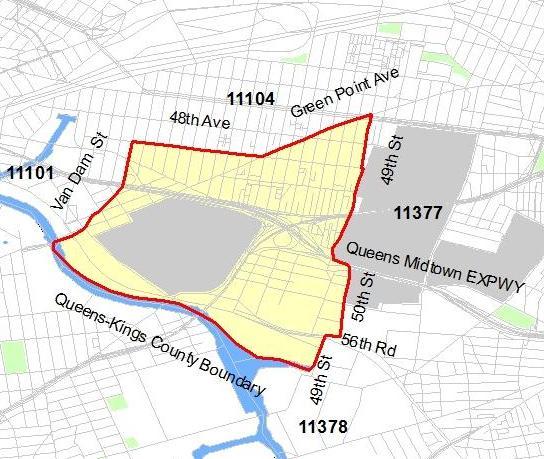On Wednesday, Aug. 6 there will be West Nile spraying in parts of Queens to help reduce the mosquito population and the risk of the disease.
The spraying will take place between the hours of 8:30 p.m. and 6 a.m. the next morning. In case of bad weather, the application will be delayed until Thursday, Aug. 7 during the same hours.
The following neighborhoods are being treated due to rising West Nile virus activity with high mosquito populations, according to the city’s Health Department:
Parts of Bayside, Douglaston, Hollis Hill, Little Neck and Oakland Gardens (Bordered by Long Island Rail Road Track to the north; 219th Street and Springfield Boulevard to the west; Long Island Expressway to the south and Douglaston Parkway to the east)
Parts of Blissville, Sunnyside and west Maspeth (Bordered by Green Point Avenue and 48th Avenue to the north; Van Dam Street to the west; Newtown Creek (Queens-King County Boundary) to the South; 49th Street, 56th Road, 50th Street, Queens Midtown Expressway and 49th Street to the East
Parts of Kew Gardens, Briarwood and Jamaica (Bordered by Grand Central Parkway and Jackie Robinson Parkway to north; Metropolitan Avenue and 118th Street to the west; Long Island Rail Road and Archer Avenue to the south; 14th Place, Jamaica Avenue, 144th Street, 87th Avenue and 150th Street to the east)
For the application, the Health Department will spray pesticide from trucks and use a very low concentration of Anvil®, 10 + 10, a synthetic pesticide. When properly used, this product poses no significant risks to human health.
The Health Department recommends that people take the following precautions to minimize direct exposure:
- Whenever possible, stay indoors during spraying. People with asthma or other respiratory conditions are encouraged to stay inside during spraying since direct exposure could worsen these conditions.
- Air conditioners may remain on, however, if you wish to reduce the possibility of indoor exposure to pesticides, set the air conditioner vent to the closed position, or choose the re-circulate function.
- Remove children’s toys, outdoor equipment, and clothes from outdoor areas during spraying. If outdoor equipment and toys are exposed to pesticides, wash them with soap and water before using again.
- Wash skin and clothing exposed to pesticides with soap and water. Always wash your produce thoroughly with water before cooking or eating.
RECOMMENDED STORIES
































